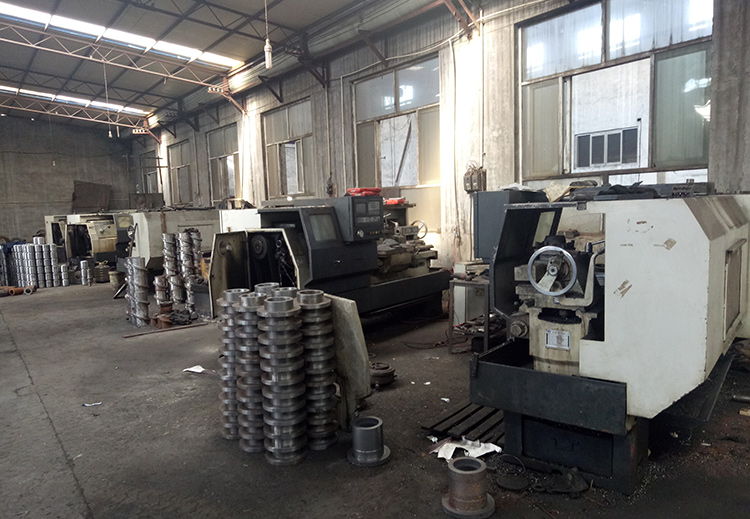Nov . 23, 2024 16:01 Back to list
Grain Oil Refining Equipment for Efficient Production and Processing Solutions
The Role of Grain Oil Refining Machines in Food Processing
Grain oil refining machines play an essential role in the modern food processing industry. With the increasing demand for high-quality edible oils, the efficiency and effectiveness of these machines have become crucial in ensuring that consumers receive safe and nutritious products. This article delves into the importance of grain oil refining machines, their operational process, and the benefits they bring to both manufacturers and consumers.
Understanding Grain Oil Refining
The refining of grain oil involves the extraction of oil from various grains, such as soybeans, corn, sunflower seeds, and others. These grains are rich in oil content, which can be used for cooking, frying, and even in industrial applications. However, crude oil obtained directly from grains often contains impurities, such as phospholipids, free fatty acids, and chlorophyll, which can affect the oil’s quality, flavor, and shelf life. Therefore, refining is necessary to produce a premium product.
The Refining Process
Grain oil refining machines operate through a series of well-defined steps degumming, neutralization, bleaching, and deodorization.
1. Degumming The first step in the refining process aims to remove gums and phospholipids from the crude oil. This is usually done by adding water or acid, allowing these impurities to separate and be removed.
2. Neutralization In this phase, free fatty acids (FFA) are neutralized, usually by using an alkali solution such as sodium hydroxide. This step is crucial as high levels of FFA can lead to undesirable flavors and faster deterioration of the oil.
3. Bleaching The next step is the bleaching of the oil, which removes color pigments and remaining impurities. By passing the oil through a bleaching clay, producers can achieve a clear and light-colored finished product.
grain oil refining machine product

4. Deodorization Finally, deodorization is performed to eliminate any unwanted odors and flavors. This process typically uses steam distillation under vacuum conditions, which effectively removes volatile compounds responsible for rancidity and undesirable smells.
Benefits of Using Grain Oil Refining Machines
The introduction of advanced grain oil refining machines has brought numerous advantages to the food industry.
- Quality Control These machines ensure that the final product meets high standards of quality. Refined oils have longer shelf lives and better flavor profiles, appealing to consumers.
- Healthier Options With the capability to reduce harmful substances such as free fatty acids and trans fats, refined oils can provide healthier options for cooking and consumption.
- Increased Yield Modern refining technologies improve the extraction process, ensuring maximum yield from the grains, and reducing material waste.
- Economic Efficiency Automation and improved energy efficiency in these machines translate to lower production costs, benefiting manufacturers while also providing consumers with competitively priced products.
Conclusion
Grain oil refining machines are a critical component of the food processing industry, facilitating the production of high-quality edible oils. As consumer awareness regarding health and nutrition continues to grow, the demand for safely refined oils will likely increase. Investing in advanced grain oil refining technology will not only enhance product quality but also ensure that manufacturers can meet the evolving expectations of health-conscious consumers. From ensuring food safety to enhancing flavor and shelf life, the role of these machines in the kitchen and the food industry cannot be overstated.
-
Top Food Oil Refined Unit Companies w/ GPT-4 Turbo Tech
NewsAug.01,2025
-
Premium Black Seed Oil Expeller - High Efficiency Cold Press Oil Machine
NewsJul.31,2025
-
Oil Processing Equipment - High-Efficiency Flaking Machine
NewsJul.25,2025
-
High-Efficiency Peanut Oil Refined Machine for Quality Oil Production Leading Exporters & Companies
NewsJul.08,2025
-
High Efficiency Sunflower Seed Oil Press – Leading Cooking Oil Press Machine Factories & Suppliers
NewsJul.08,2025
-
High-Efficiency Soybean Oil Press Machine – Leading Exporters & Reliable Companies
NewsJul.07,2025
